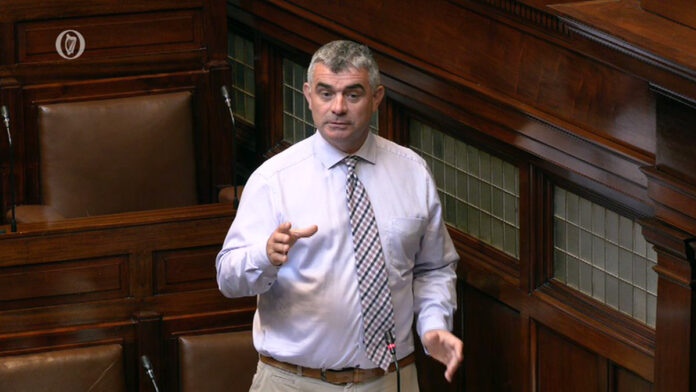
THE Nature Restoration Law is making bad land very expensive, according to County Limerick TD Richard O’Donoghue, who believes a more common sense approach is needed.
The Nature Restoration Law aims to halt the decline of nature, work towards restoring habitats across the European Union (EU), while also targeting habitats that contribute most to the capture and storage of carbon.
The law will target 20 per cent of each EU Member States land area and, as Ireland comprises of 6.9 million hectares of land, the Nature Restoration Law will potentially be applied to 1.38 million hectares.
Independent Ireland TD Richard O’Donoghue claimed in the Dáil that the law is making “bad land” very expensive for small farmers.
“If a farmer is farming every piece of a small landholding, with all the laws that are there whereby farmers need to have certain lands for biodiversity and everything else that comes with that, that puts farmers out of reach, so they have to try to change their farming and make themselves smaller, which makes them cease to be viable,” he told Dáil members.
“Irish farmers, husbands and wives, farm the land, look after nature and put food on our tables. Every time the government comes in with something, it makes that harder for them.”
Food security, he believes, will become an issue across Ireland.
“We have seen how many wars have happened, and they are getting closer and closer and more and more frequent. We will rely on the farmers of this country to feed us. We look at emissions in this country and at our carbon footprint. We account for 0.0001 per cent of the issue of global carbon emissions,” he claimed.
“If we take into account all the imports we are bringing in here to replace the sectors the government has closed, they far exceed the level of carbon emissions produced here.
“The government is imposing penalties on different people in this country to make a change, yet it allows other countries to raise their carbon emissions to provide for us.
“There needs to be some common sense when we are thinking about these laws,” he concluded.


